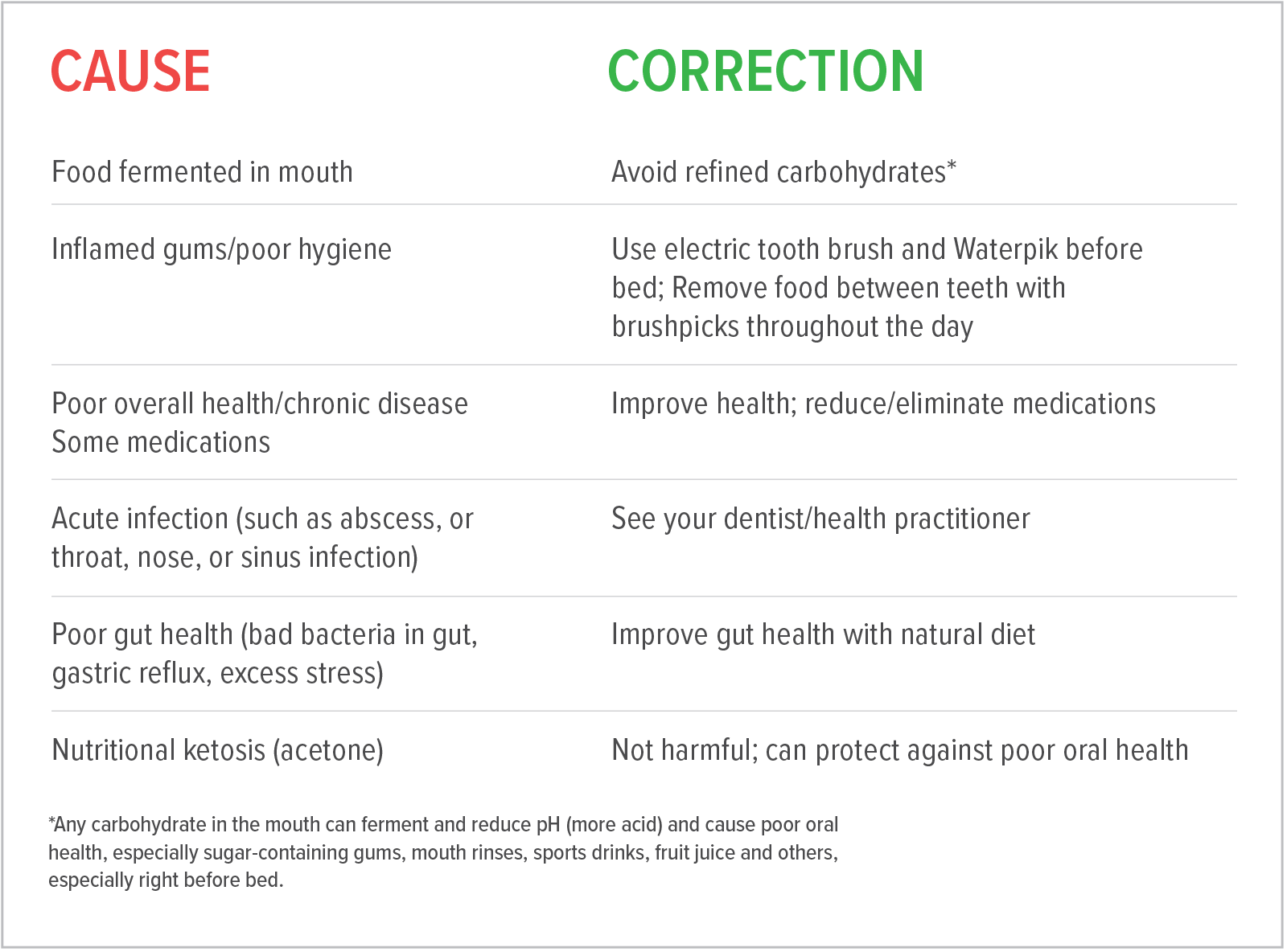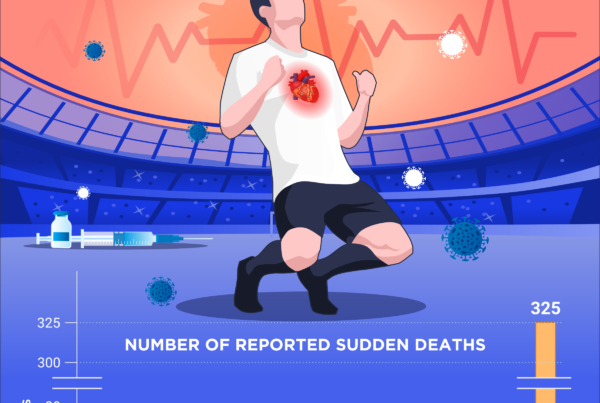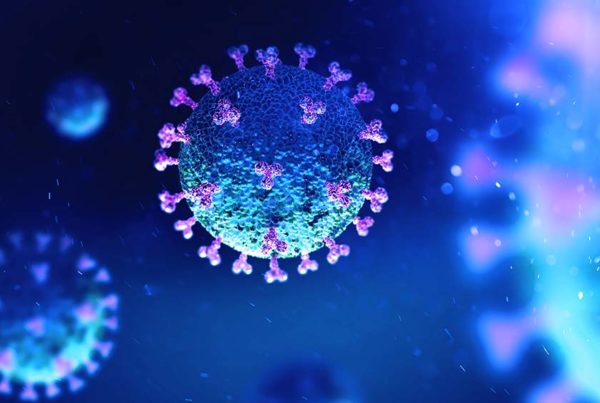
Bad breath is not only embarrassing — it could indicate more serious health problems and is associated with poor athletic performance.
Oral health is important to overall well-being, quality of life and human performance, with most dental problems being preventable. This includes fetor oris — bad breath.
The problem is a primary reason many people visit the dentist, but it’s also a symptom many are not aware of unless someone says something. Most cases of halitosis — but not all — should be cause for concern since oral health can reflect overall health.
Bad breath typically can be traced to problems inside the mouth, such as fermenting food or an infection. It can also be due to gases absorbed from the gut and expelled through the lungs.
Because many cases of halitosis are due to sulfur compounds released by bacteria in the mouth or lower gut, food intake can play an important role. Often junk food provides a fertile playground for oral bacteria. These bacteria feed on carbohydrates and ferment.
Other foods such as onions and garlic sometimes get the blame for bad breath, but their effects are short-lived and minimal. So continue eating these foods as the sulfur compounds they contain are a vital nutrients for the whole body.
Another source of bad breath is acetone exhaled from the lungs in people who consume very low amounts of dietary carbohydrates and are in a state of nutritional ketosis. This is not harmful and can actually provide protection against bad oral health.
Bad breath is not only embarrassing, it also can be an indicator of poor oral health or other issues, and is not something to be ignored. It is typically preventible though lifestyle changes and proper hygiene.
The chart below highlights the potential causes, and corrections, of halitosis, with most cases associated with poor oral health.

Oral health and athletic performance
All human performance — physical or mental — can be affected by poor oral health.
There is an important connection between oral health and fitness in athletes across a wide range of sports — an acidic oral environment.
Low salivary pH can promote tooth decay and is associated with reduced fat-burning. I have tested the pH of saliva in almost all athletes I’ve worked with, and the relationships between low pH, injuries, poor performance and reduced fat-burning is clinically evident.
Overall, athletes have surprisingly high levels of cavities, dental erosion and other poor oral health. One problem is the associated systemic inflammation, which can affect overall physical conditioning and injuries.
Oral pH should be slightly alkaline, over 7, and is easily measured with pH paper. Reduced fat-burning, inflammation and low oral pH have a common cause: excess carbohydrate consumption, especially junk food, including sports nutrition products used other than during competition and training.








